Empathy is a vital workplace value and companies that bring it to life can compete more successfully in the business world, says Filipa Manita, co-founder of Teamy, who calls team building an effective way to actively engage employees.
“In the end, it always comes down to truly caring about people that you’re working with, and I think team building is one of the tools to get there,” Filipa told Via News in an exclusive interview.
Teamy is an all-in-one platform that connects companies to corporate providers who can help them organize events and activities that strengthen team spirit. It currently operates in Lisbon and Porto.
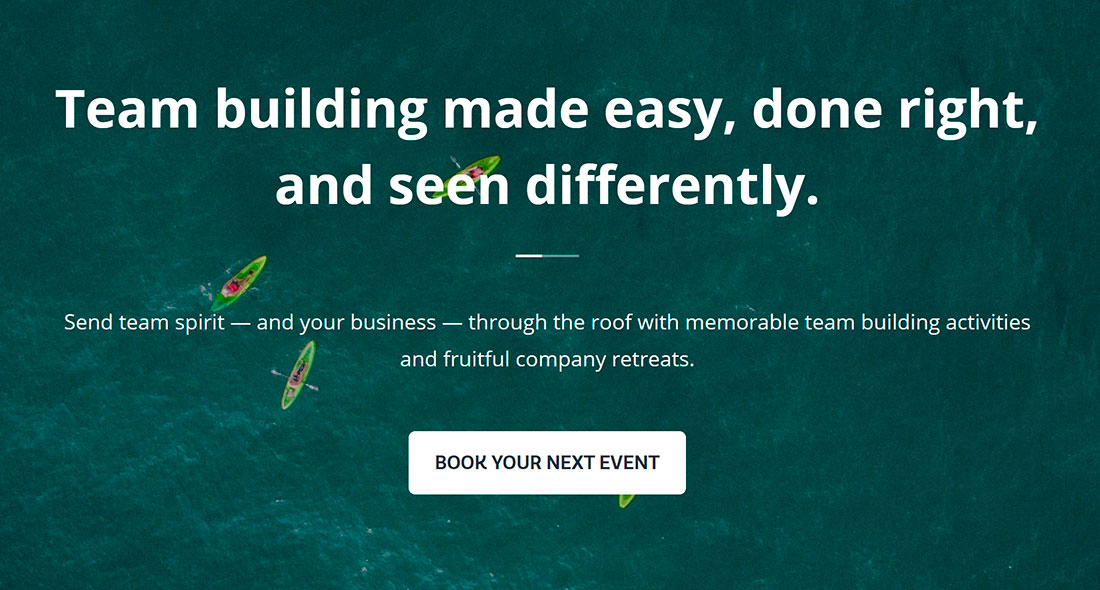
Filipa says they are not selling team building as the solution for everyone’s problems when it comes to teams.
“There’s a lot more than team-building activities to drive culture and to get teams engaged,” she noted, adding that the significance of team building lies in the fact that it fosters empathy and gives a sense of purpose to the group.
“To create empathy you also need to meet outside of just work. So spend time with your team to get to know them on a personal level… Try to understand them because you can’t just tell people to do something just for the sake of it,” Filipa tells company managers.
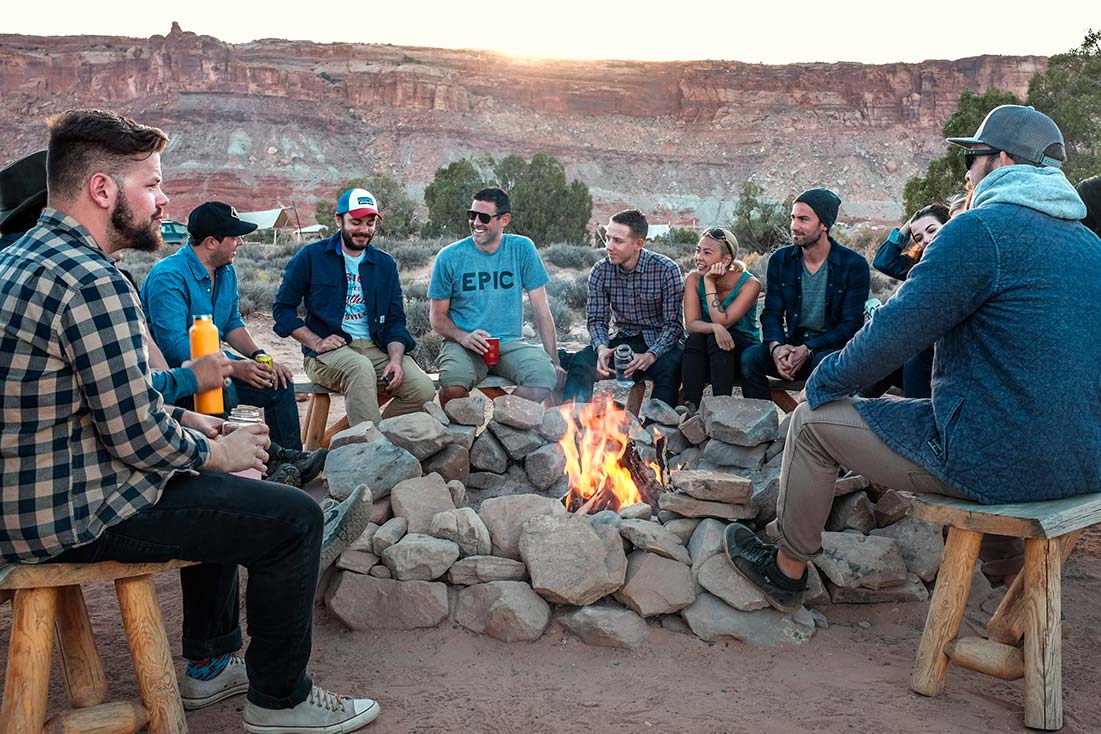
Employee Engagement
According to the 2019 Deloitte Global Human Capital Trends report, 85% percent of employees worldwide are not engaged or are actively disengaged from their jobs.
“Engagement typically refers to an employee’s job satisfaction, loyalty, and inclination to expend discretionary effort toward organizational goals. It predicts individual performance and operates at the most fundamental levels of the organization—individual and line—where the most meaningful impact can be made,” says Deloitte, the largest professional services network in the world by revenue and number of professionals.
The emphasis of Teamy’s co-founder on empathy is justified as LinkedIn’s annual Global Talent Trends report for 2020 found that “empathy” is a key theme underlying the major trends shaping the future of the workplace.
“Companies will work for their employees (instead of just the other way around) and find new ways to cater to them. The report cites a whopping 96% of talent professionals saying employee experience is becoming more important, with 77% of companies focusing on employee experience to increase retention,” Forbes wrote, referring to LinkedIn’s findings.
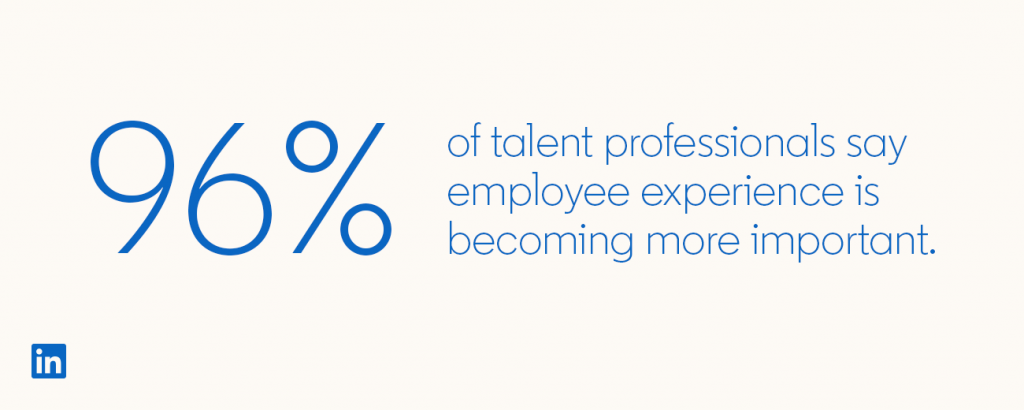
Filipa says they are looking forward to seeing “how culture is changing in organizations and how team building is going to be a tool that is more and more used by companies that want to promote empathy and personal relationships between their employees.”
In her opinion, team building can also positively impact the process of evaluating a person’s performance because it helps authorities gain a better understanding of that person.
A book that she highly recommends is Radical Candor, the New York Times and Wall Street Journal best-selling book written by Kim Scott for bosses and those who manage bosses. It offers a guide to those who want to know how to better work with human beings with human emotions and feelings.
Efficient Team
When asked what makes a team efficient, Filipa said communication and routine are vital based on her own experience.
“Routine is not a pretty word, but I think it’s important that teams have routines. I think it’s important to always have a moment to look ahead of what’s coming up, other moments to plan, other moments to execute, and other moments to evaluate. It is important to find the perfect routine and the perfect timing for your team to do this.”
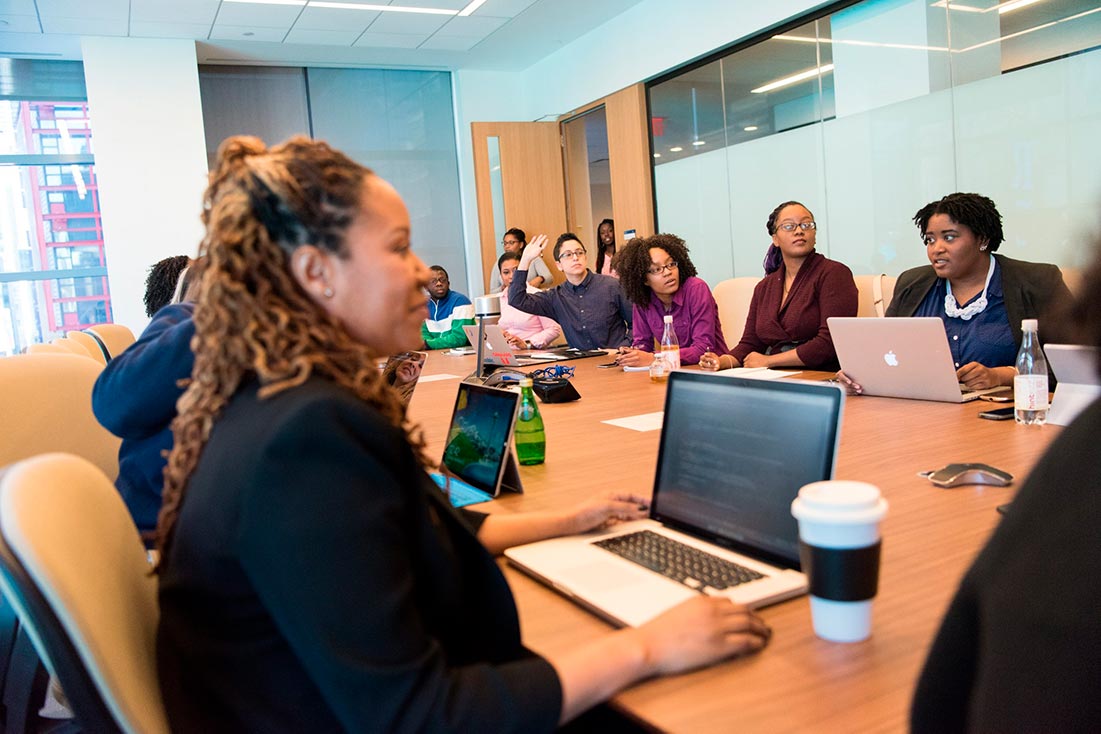
Teamy’s co-founder—who has had the experience of working at companies such as Budgetplaces, SiteMinder, and Uniplaces—says this routine should be complemented by an environment of “good communication” where people feel comfortable to talk candidly and share their struggles.
According to her, creating a sense of “psychological safety” helps employees put forward their ideas even if they may sound “outrageous” or “ludicrous” without fear of negative consequences.
“If you feel comfortable enough within your team, if you have that personal connection with your team members to just be candor and honest about your ideas and how you feel, and if you couple that with great communication and great work process, I think that’s where you see team magic happening.”
“Routine is not a pretty word, but I think it’s important that teams have routines.”
Filipa Manita, co-founder at Teamy
Mistakes to Avoid, Conflict Resolution
On common mistakes that teams should avoid, Filipa said “not communicating” is a huge step in the wrong direction. “I say this because obviously everyone gets busy on a daily basis, and I think it’s important to keep communicating.”
“Not saving enough time to measure and evaluate what you’re doing is another mistake,” she added.
Explaining her approach to conflict resolution, Teamy’s co-founder said, “We just need to treat people like adults. If there’s a conflict that is affecting your work, you need to jump in and try to address it individually and also let people vent and complain about it.”
She maintains that the focus should not be on the “element” of contention itself but rather on the “goal or purpose of what it is that we’re doing here”.
“I think conflicts figure themselves out when you have an open culture. When conflict occurs at a company that has an open culture and gives people ownership and responsibility, they usually will try to resolve that conflict before it gets to somewhere else.”
Conflicts figure themselves out when you have an open company culture.
Filipa Manita, co-founder at Teamy
Companies’ Awareness
Asked about the level of companies’ awareness of the importance of human experience at the workplace, Filipa said, “I think companies are starting to give a lot more context to what is going on with people in general.”
“For example, the number of meetings being held on an annual basis has grown a lot in the past few years. We are also starting to see a shift from physical meetings to online meetings. I think it’s becoming more and more important to create these bonding moments where you talk to and spend some time with people, especially now that more things are being done remotely.”
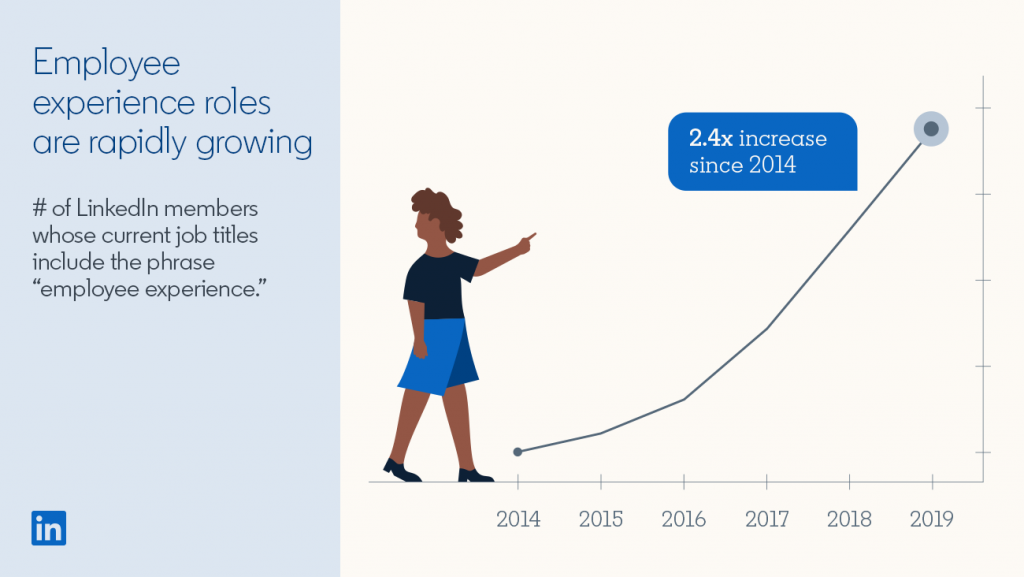
Remote Working, Flexibility & Team Building
On the impact of trends such as remote working on team building, Teamy’s co-founder said such changes are “awesome” when it comes to ridding people of the need to spend a long time commuting.
“When it comes to personal relationships, I think you’ll see a lot less everyday engagement… but the time and place will be a lot more optimized.”
Filipa believes that a balance can be struck between giving people the flexibility of working from outside the office and maintaining personal relationships with them.
A 2019 report by Inc. business magazine said Millennials—those born between about 1980 and 2000—are forecast to comprise 75 percent of the global workforce by 2025.
According to a Deloitte study cited by Inc., about 75 percent of Millennials believe that a “work from home” or “work remotely” policy is important.
Filipa says company culture is bending toward flexibility. “Flexibility is becoming so much more natural at companies where people are treated like adults. You should acknowledge that people have lives and be flexible. For example, people really shouldn’t have to justify that they’re coming one hour later because they have a doctor’s appointment.”






